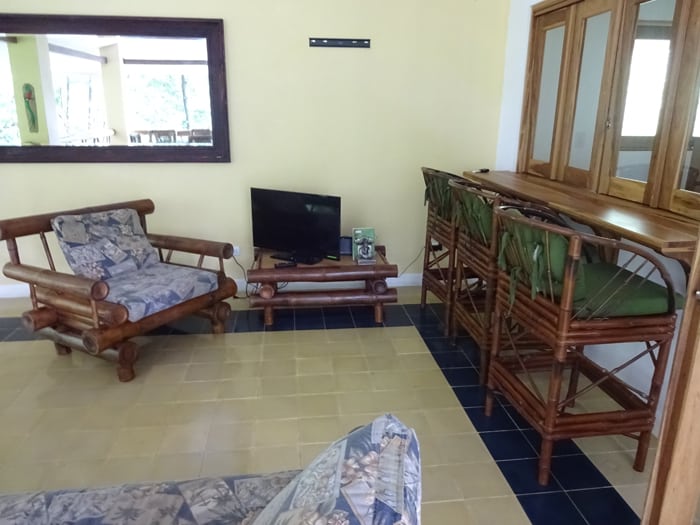So, you’ve moved to Costa Rica and realized there’s nothing to watch.
The novelty of “Combate” has run thin, reruns of “El Chavo del 8” have gotten old, and now you just want to binge on “The West Wing” after watching the State of Union address. You log into your Netflix account, but lo and behold, there is no President Bartlet to be found. But wasn’t it available State-side?
Netflix offerings are different in every country due to territory-based licensing agreements for content, according to an email the company sent to The Tico Times. So, in this case, Warner Bros. Television has yet to sell Netflix the right to stream “The West Wing” in Costa Rica. The company says that it uses market research to decide which shows and movies different markets want and buys licenses accordingly.
Despite the Internet’s promise to rid the world of these kinds of arbitrary restrictions, this style of licensing brings back memories of VCR days when distributors used regional codes. The same restrictions hit Internet surfers trying to catch up on their favorite network show or clips from last night’s “The Daily Show.” “This content is not yet available where you live,” has become a perverse mantra for the expat couch potato.
Netflix announced last Tuesday that it would embark on an aggressive international expansion this year. The company boasts more than 57 million subscribers and operates in 50 countries, with ambitions to reach 200. As part of that growth, the company plans to license more content on a global level, according to an email from Netflix press representative Marlee Tart.
Savvy subscribers to Netflix, Amazon Prime or other streaming services often turn to VPNs, flashed routers or web browser extensions like Hola to circumvent the regional restrictions by tricking the server into thinking that a computer in Costa Rica is actually in the United States or some other country where their favorite shows are available.
Of course, many sidestep all this and simply pirate their favorite content. Bootleggers were in good company last year when NBCUniversal killed a pirated signal used by CableTica, Tigo and Claro, among other Costa Rican broadcasters, effectively blocking regular programming from the New York-based production company.
AFP contributed to this report.






